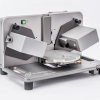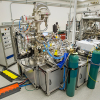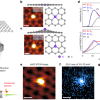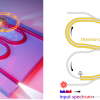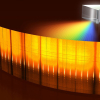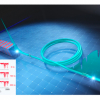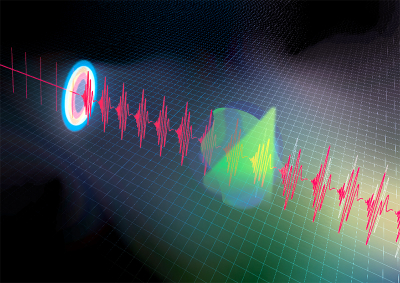
Dual-comb spectroscopy can achieve a measurement rate of 1 million spectra per second. However, in many instances, more rapid observations are required in order to produce fine-grain data. For example, some researchers wish to explore the stages of certain chemical reactions that happen on very short time scales. This drive prompted Associate Professor Takuro Ideguchi from the Institute for Photon Science and Technology at the University of Tokyo and his team to look into and create the fastest infrared spectroscopy system to date.
“We developed the world’s fastest infrared spectrometer, which runs at 80 million spectra per second”, said Ideguchi. “This method, time-stretch infrared spectroscopy, is about 100 times faster than dual-comb spectroscopy, which had reached an upper speed limit due to issues of sensitivity.”
Time-stretch infrared spectroscopy works by stretching a very short pulse of laser light transmitted from a sample. As the transmitted pulse is stretched, it becomes easier for a detector and accompanying electronic circuitry to analyse it accurately. A key high-speed component that makes it possible is a quantum cascade detector, developed by one of the paper’s authors, Tatsuo Dougakiuchi from Hamamatsu Photonics.
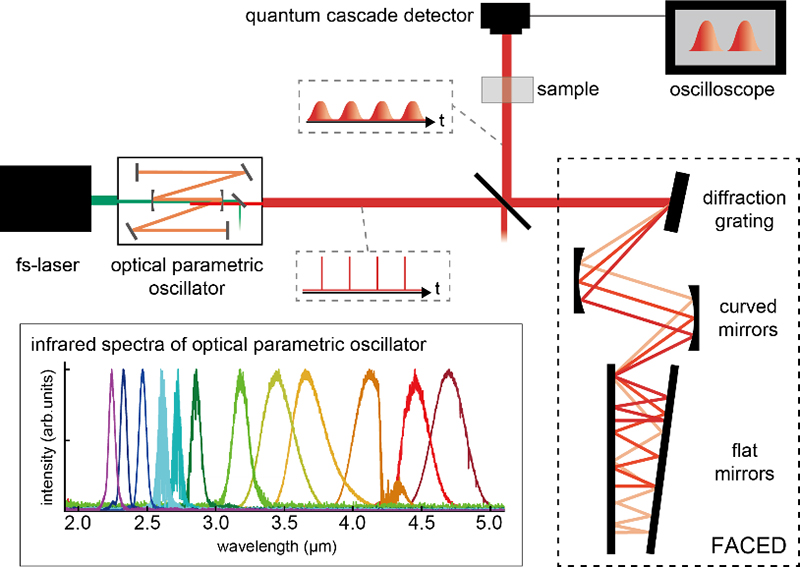
Time-stretch infrared spectroscopy schematic. The new tool consists of various optical components including lasers, mirrors, lenses and detectors. It can detect wavelengths between 4.4 µm and 4.9 µm. ©2020 Ideguchi et al.
“Natural science is based on experimental observations. Therefore, new measurement techniques can open up new scientific fields”, said Ideguchi. “Researchers in many fields can build on what we’ve done here and use our work to enhance their own understanding and powers of observation.”
They have published the detail of their research in Communications Physics.










